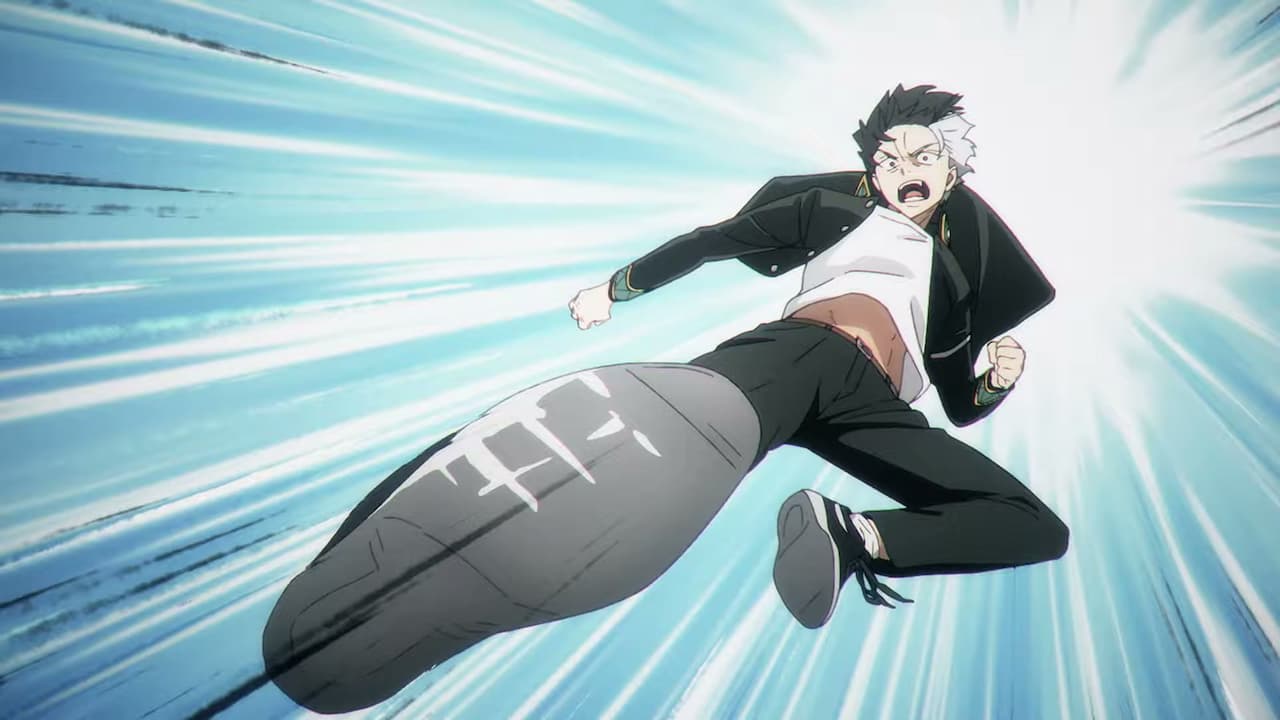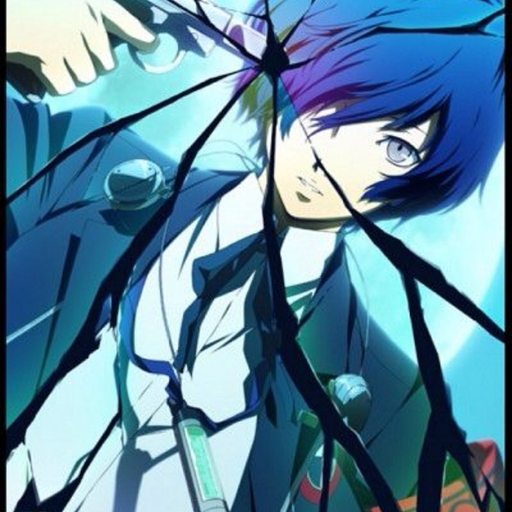If you were a child growing up in the early 2000s, you probably remember 4Kids Entertainment. The company was infamous for its “Americanization” of anime, but it dropped off the face of the Earth shortly after that. Here’s what happened to 4Kids Entertainment and where it is now.
The History of 4Kids Entertainment

4Kids Entertainment began life in 1970, but not as 4Kids Entertainment. Back then, it was known as Leisure Concepts, a licensing company that was responsible for the creation of series like Thundercats. It was founded by Mike Germakian, the creator of Thundercats, and had numerous CEOs during that time, including, of all people, Bobby Kotick, the former CEO of Activision Blizzard, from 1990 to 1991. In 1995, Leisure Concepts officially changed its name to 4Kids Entertainment and continued to license television projects for global distribution.
While it dabbled in several animated shows made in America, it was most well-known for localizing anime productions. Their first big show was Pokemon, which put it on the map and made it incredibly wealthy due to the monumental success of the franchise in the ’90s. It would then go on to localize multiple other shows in the early 2000s like Shaman King, Yu-Gi-Oh!, and One Piece, among many others. With these shows, it would tend to air them on TV channels that had Saturday morning cartoon blocks like Warner Bros’ Kid’s WB and Fox’s Fox Box in an attempt to get these shows in front of as many children as possible.
While 4Kids Entertainment was successful, it had a tendency to Westernize shows to an almost humiliating degree. It removed most instances of violence, whether it be guns or even saying anything that had to do with dying. Japanese foods like riceballs were localized, with shows like Pokemon, for example, calling rice balls jelly doughnuts despite looking nothing alike. Add in some truly bizarre dubbing decision, and you have shows that would be ridiculed nowadays for how much they altered the original anime. Still, these edits, as laughable as they are, did allow for 4Kids Entertainment to get these shows on TV in key time slots and helped increase the awareness of anime in the West, as well as make a lot of money in the process.
Related: Bleach Should Be As Popular As Naruto and One Piece
What Happened to 4Kids Entertainment?

The death of 4Kids was a slow one that began when its licensing agreement for Pokemon expired. There was a desire by The Pokemon Company to begin handling the license and distribution of the series in-house, and it saw no need to continue its relationship with 4Kids, given how big the Pokemon anime had become. Add in some cost-cutting measures from Warner Bros. and Fox in the late 2000s due to declining ratings and the 2008 Recession, as well as the rise of watching anime online via fansites and YouTube uploads, and 4Kids was quickly losing relevancy and profits.
The death knell came when it was sued by TV Tokyo and Nihon Ad Systems in 2011 over the use of the Yu-Gi-Oh! license. In short, 4Kids was accused of underpaying the royalties it was owed from its distribution deals for Yu-Gi-Oh!, with the other parties believing that it tried to hide the income from the sales of Yu-Gi-Oh! DVDs in order to make it look like the brand wasn’t making too much money. Given how immensely popular the franchise was in the late 2000s, TV Tokyo and Nihon Ad Systems felt something was amiss and, through their lawsuit, tried to terminate the Yu-Gi-Oh! license with 4Kids. A few weeks later, 4Kids Entertainment filed for bankruptcy as it prepared to head to trial.
All of the parties eventually reached an amicable resolution the following year, but the damage was done. 4Kids had more or less spent every last ounce of cash it had on the lawsuit with TV Tokyo and Nihon Ad Systems, and even though Yu-Gi-Oh! was still being licensed by 4Kids, once the contract was set to renew, TV Tokyo and Nihon Ad Systems refused to extend it. With no new licenses and the negative reputation it had earned in the business world and within the much more vocal anime community, it rebranded itself as 4Liscensing Corporation and merchandised the properties it still had. It didn’t last for long though as 4Liscencing once again filed for bankruptcy in 2016, but this time, it wouldn’t be able to get out of it.
It’s a sad way to go, and for all of the criticism and mockery that 4Kids deserves for how it handled its licenses, you can’t deny the results it got. You may not have liked what it did to shows, and I would argue that their poor dub stymied One Piece’s popularity in the West for years, but it introduced anime to an entire generation of children. At one point, 4Kids was seen as one of the rising stars of anime distribution in the West, but eventually, it became a punchline and lost relevancy and respect.
And that’s what happened to 4Kids Entertainment.






Published: Nov 1, 2024 08:03 am